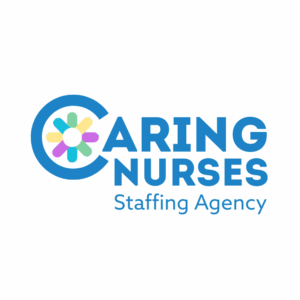By Caring Nurses Staffing Agency
Artificial Intelligence (AI) is changing everything—from the way we drive to how we communicate. And yes, it’s even making its way into hospitals, clinics, and care facilities. But if you’re a nurse, you might be wondering: What does AI mean for my job? Am I going to be replaced? Will it help me or hurt me?
You’re not alone in asking those questions. That’s why we were encouraged to see the American Nurses Association (ANA) release an official position on AI in nursing. Their message is clear: AI can be a helpful tool—but it should never replace the heart, mind, and judgment of a nurse.
Protecting the Core Values of Nursing
The ANA has always stood for the values that make nursing more than just a job—compassion, critical thinking, advocacy, and human connection. With the rise of AI, the association is doubling down on those values.
Here’s the heart of their position: AI should support nursing, not replace it.
That means AI tools might help us with documentation, decision support, diagnostics, or even managing patient flow—but they cannot and should not replace the ethical decision-making, empathy, or real-time clinical judgment that nurses bring to the table every day.
What This Means for Working Nurses
For those of us working on the front lines, here’s what you should know:
- AI is here—but so are we. Nurses are irreplaceable. No machine can truly understand a patient’s fear, pain, or confusion the way a nurse can.
- We need to stay involved. The ANA stresses the importance of nurses being part of the conversation as hospitals and tech companies develop and deploy AI tools. If nurses aren’t at the table, the tools may not reflect real-world clinical needs.
- Ethics matter. The ANA wants AI to be used ethically and equitably. That means ensuring that algorithms aren’t biased, that patient data is protected, and that the use of AI aligns with our nursing code of ethics.
Embracing Change—Without Losing Ourselves
At Caring Nurses, we believe in innovation. We’ve seen how tech can help nurses save time and focus more on patient care. But we also know that you—the nurse—are the most powerful tool in any care setting.
AI might help you chart faster or alert you to a potential complication, but it’s your experience, intuition, and care that makes the difference.
The future of nursing isn’t about choosing between people and technology. It’s about making sure tech enhances, not erases, what makes nursing such a vital profession. The ANA’s stance reminds us that while change is inevitable, our values are non-negotiable.
So let’s welcome the tools—but protect the soul of our profession.




